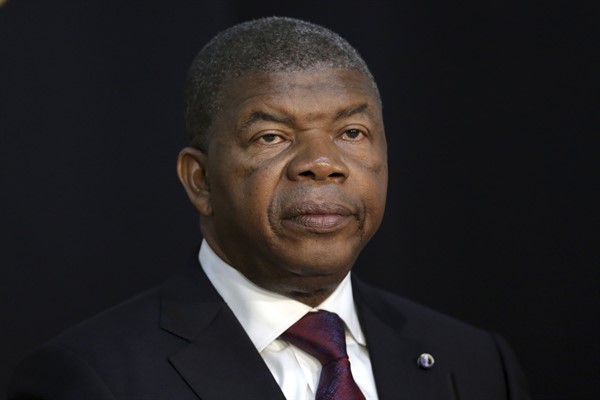In August 2022, Angolans will go to the polls for parliamentary elections that—under the country’s electoral system, in which the leader of the party with most votes becomes president—also serve as a presidential election. The ruling Popular Movement for the Liberation of Angola, or MPLA, which has been in power for half a century, has confirmed that its leader and incumbent President Joao Lourenco will stand for reelection.
Lourenco’s first term has been characterized by a failure to make good on a number of his initial promises, resulting in protests that have in turn been met with a crackdown on independent media as well as an expansion of executive powers. While he is likely to win reelection, whether he is able to improve on his record remains to be seen.
Lourenco came to power in 2017, succeeding former President Jose Eduardo dos Santos, who stepped down after almost four decades in office. He presented himself as a man of change, promising significant reforms to Angola’s system of governance and its economy. More specifically, Lourenco vowed to tackle corruption, strengthen the rule of law and diversify Angola’s oil-dependent economy. These and other proposals resonated with many Angolans who wanted a break with the entrenched authoritarian practices of the past.

